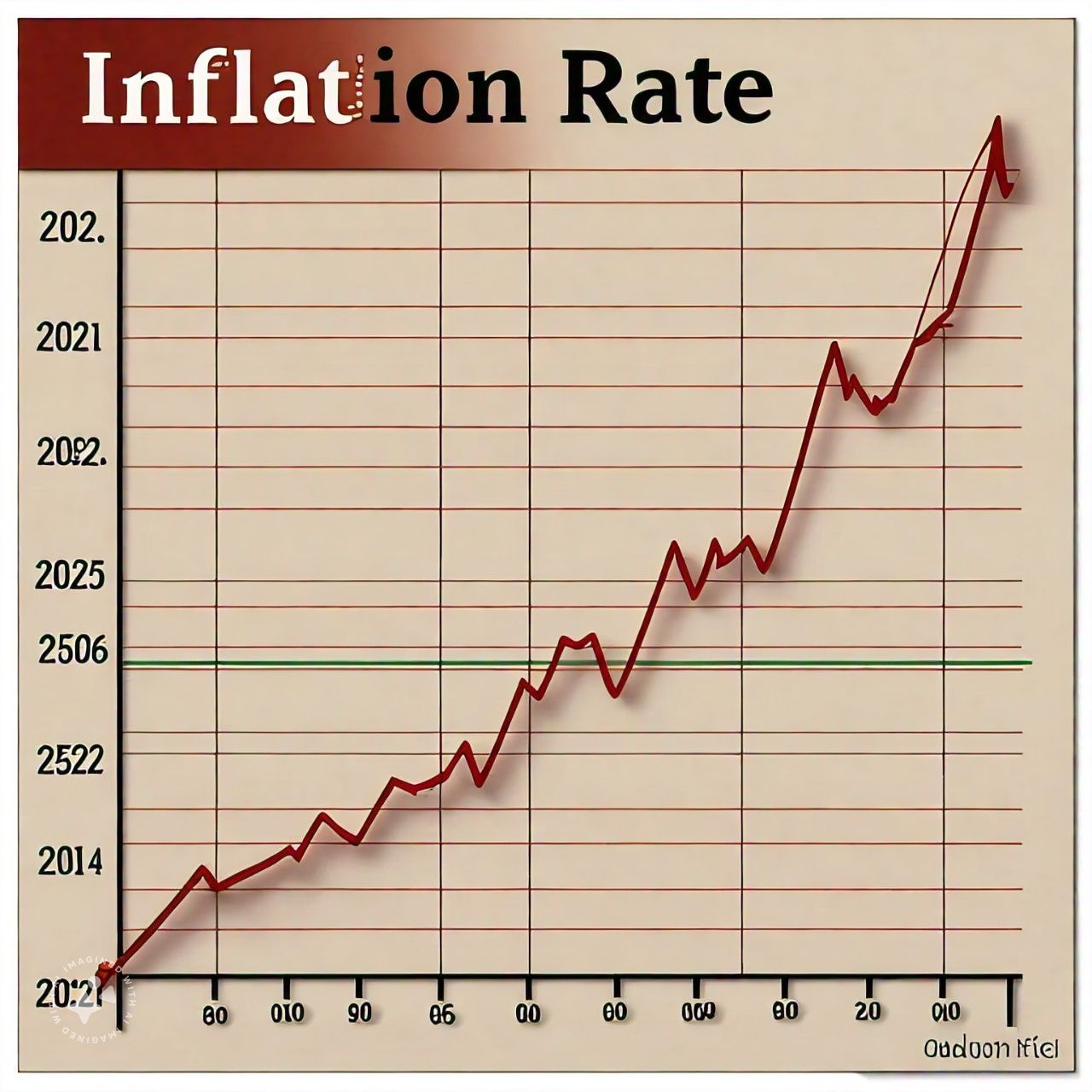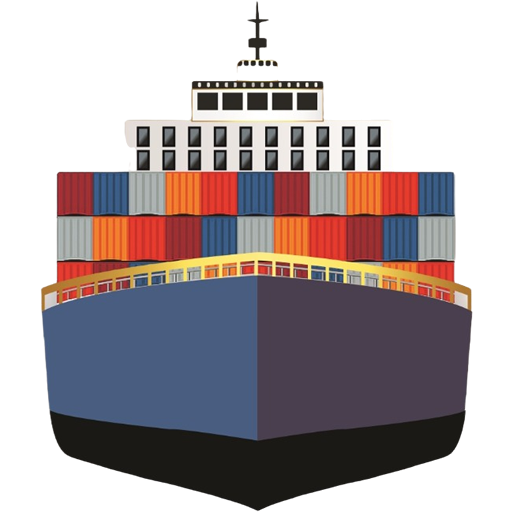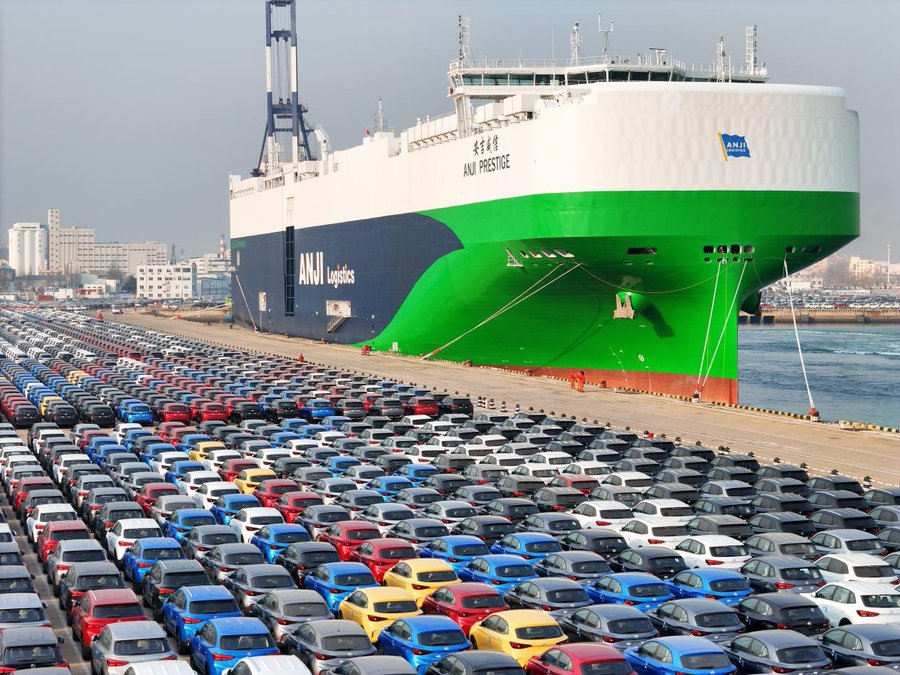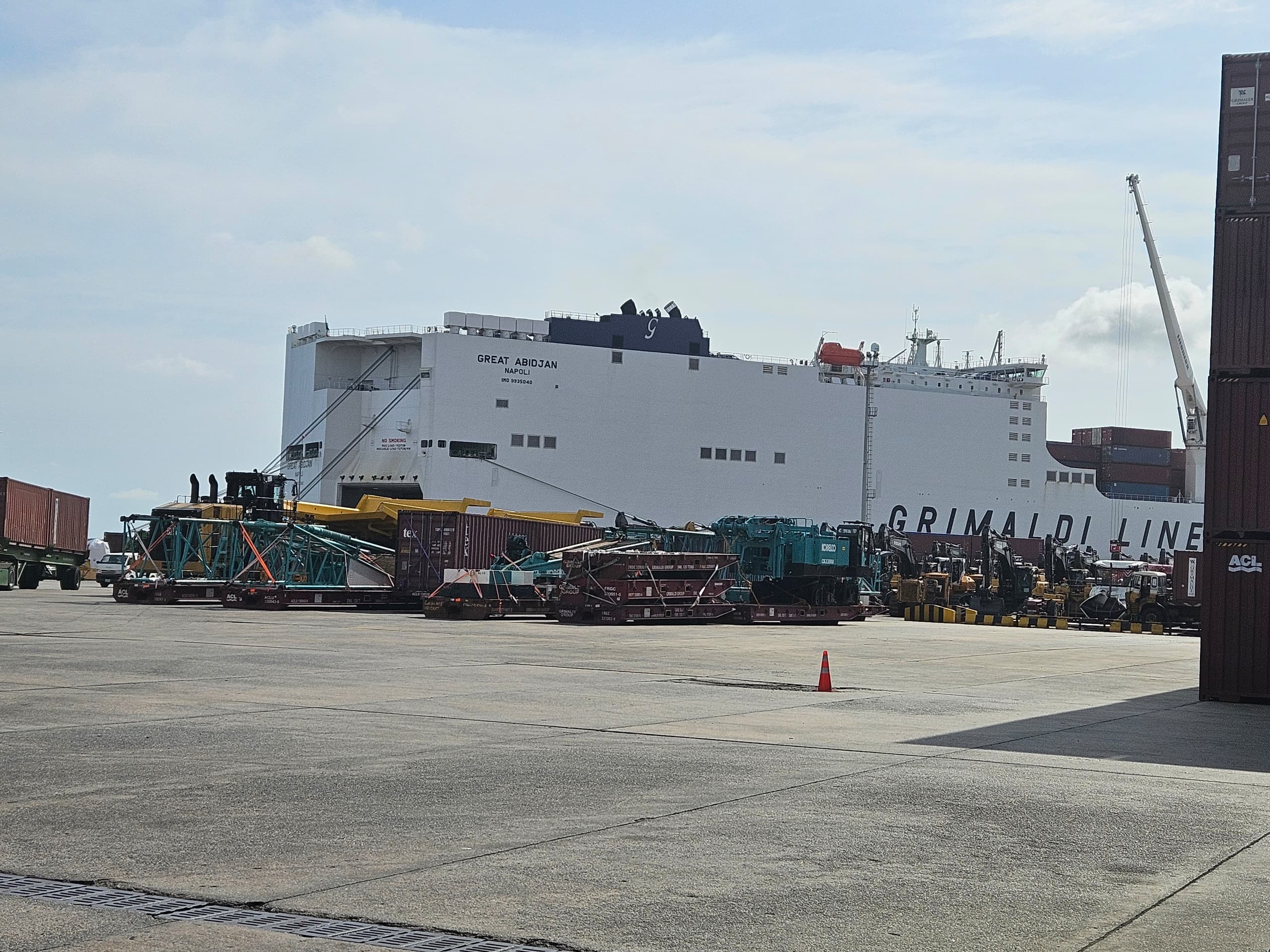
Nigeria’s Inflation Woes: Import Dependency and Informal Economy Blamed
Nigeria’s struggle with inflation has been a persistent challenge, and recent insights suggest that import dependency and a large informal economy are significant contributing factors. The country’s reliance on imports, particularly for essential goods, has created a vulnerable economy that is heavily influenced by global market fluctuations.
The informal economy, which accounts for a substantial portion of Nigeria’s economic activity, operates largely outside the formal tax system, making it difficult for the government to track and regulate. This lack of oversight perpetuates a culture of inefficiency and corruption, further exacerbating inflationary pressures.
Clearing and freight forwarding agents in Nigeria, and other stakeholders in the import/export sector play a crucial role in facilitating the smooth clearance of goods and cargos. However, the current system is plagued by inefficiencies, leading to prolonged clearance times and increased costs, which are then passed on to consumers, fueling inflation.
To address these challenges, experts recommend policies aimed at promoting economic diversification, improving the business environment, and formalizing the informal economy. By doing so, Nigeria can reduce its reliance on imports, increase tax revenue, and create a more stable economic environment that is less susceptible to inflationary pressures.
For more information on Nigerian imports and exports, clearing your goods and cargos in the Tincan ports, Apapa Lagos, and other relevant topics, please visit our website.


